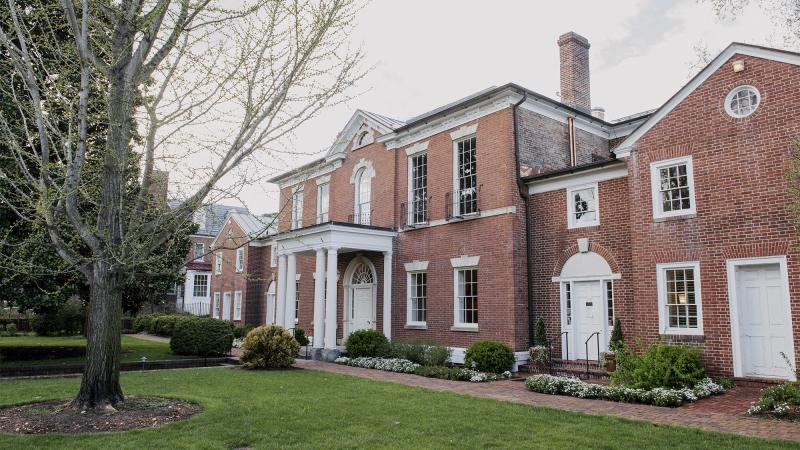Funding Opportunity for
Organizations
Sustaining Cultural Heritage Collections
Maximum award amount
Planning: $50,000
Implementation Level I: $100,000
Implementation Level II: $350,000
Organizations located in a non-contiguous state or jurisdiction, including AK, HI, PR, GU, AS, VI, and NMI may request up to an additional $10,000 for Planning, $20,000 for Implementation Level I, and $70,000 for Implementation Level II to cover increased consultants’ travel costs as well as shipping and material costs.
Implementation Level I: $100,000
Implementation Level II: $350,000
Organizations located in a non-contiguous state or jurisdiction, including AK, HI, PR, GU, AS, VI, and NMI may request up to an additional $10,000 for Planning, $20,000 for Implementation Level I, and $70,000 for Implementation Level II to cover increased consultants’ travel costs as well as shipping and material costs.
Expected Output
Improved conditions for collection storage and display; Improved systems and resilience for collections; Reduced energy usage and costs; In-depth preservation studies and plans
Period of performance
Up to two years for Planning and Implementation Level I; up to three years for Implementation Level II

